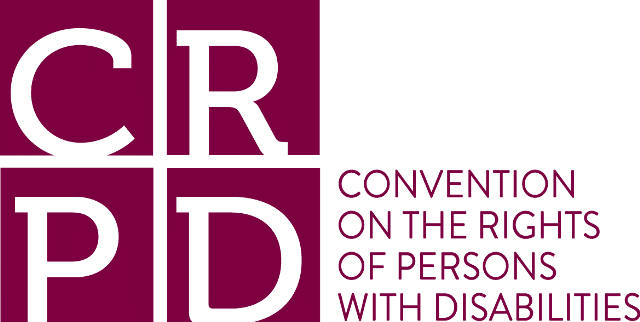
The Committee on the rights of persons with disabilities has ruled that States should move from providing services in institutions that segregate people with disabilities to tailored services in the community. Following a call for written contributions, they organised a day of general discussion involving experts and civil society on how to effectively achieve independent living for this group. This right, which is enshrined in article 19 of the Convention, calls for the respect of autonomy, choice and empowerment of people with disabilities so that they can continue living in their communities. It requires the availability of a wide range of services adapted to the situation of each individual.
The deliberation that took place in Geneva will create the basis for elaborating a General Comment on article 19, providing guidelines to Member States on how to ensure progress in the realisation of the right to independent living. Representatives of different groups with disabilities brought forward the specific challenges that they face in everyday life.
Adolf Ratzka, Director of Independent Living Institute from Sweden, underlined the discrimination and disadvantages that people with disabilities experience when they advance in age. Age barriers offer less services and choices for older people to live in the community. Peter Mittler, from Dementia Alliance International criticized the silos between disability, dementia and ageing policies and called for a better protection of people with dementia.
AGE made an intervention highlighting the systemic, multifaceted, structural discrimination faced by older people with functional limitations and asked the Committee to take due account of the intersection of age and disability in its work, including by issuing a General Comment on older people with disabilities.
For more information:






